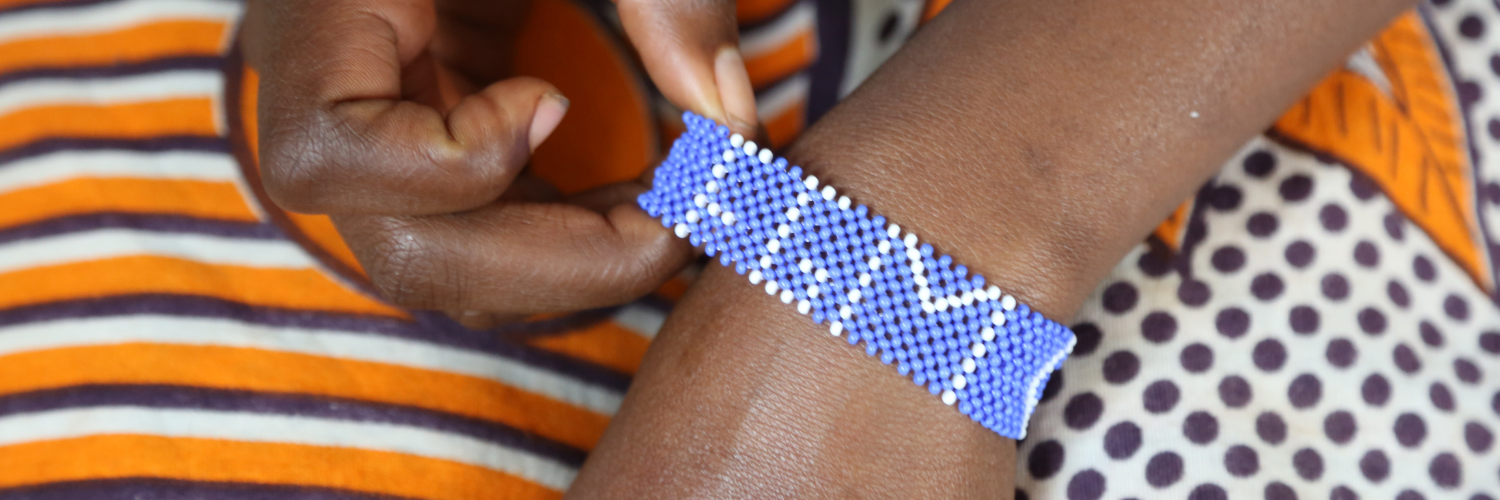Nairobi, December 5, 2019 – Kajiado has become the first County in Kenya to develop and launch a robust policy designed to end FGM at the community level. The policy, which is firmly grounded on the principles of gender equality, inclusivity, and non-discrimination, provides the legal framework required to fast track the eradication of FGM at the County level by creating decentralized governance structures that will be cascaded from the ward level to the County level.
Eight years ago, Kenya enacted the Prohibition of Female Genital Mutilation Act (2011), effectively banning and criminalizing the practice of Female Genital Mutilation (FGM). This law imposed tough penalties on perpetrators of FGM, prohibited cross-border FGM, and barred medical caregivers from carrying out the act.
Since then, the country has continued to witness a steady decline in the prevalence of FGM with the Kenya Demographic and Health Survey (2014) placing the national average at 21 percent among girls and women between the ages of 15-49 compared to 27 percent in 2008. Despite this, FGM is almost universal in some communities such as the Somali (94%), Samburu (86%), Kisii (84%), and Maasai (78%). This not only underscores the need for the development of homegrown solutions to end FGM but is also an illustration of the need for County governments to play their role in ending this harmful practice.
We are therefore happy and proud to announce that the County government of Kajiado has become the first County in Kenya to develop and launch a robust policy designed to end FGM at the community level.
The policy, which is firmly grounded on the principles of gender equality, inclusivity and non-discrimination, provides the legal framework required to fast track the eradication of FGM at the County level by creating decentralized governance structures that will be cascaded from the ward level to the County level.
In addition, the policy provides systems through which multi-sectoral interventions geared towards
accelerating the eradication of FGM in the County will be strengthened. These interventions will be
anchored on coordination, networking, partnership, and community participation and include:
- Community sensitization campaigns highlighting FGM as a human rights violation;
- The establishment of alternative sources of income for reformed cutters;
- Research and data collection at County level as a means of driving the management of FGM;
- Continuous community dialogues to ensure that no one is left behind;
- The establishment and equipping of rescue centers and safe houses for girls at risk of FGM and
child marriage; - The development of community-based surveillance systems to protect girls from the practice;
- Psychosocial support and mentorship programs will be offered to girls;
- Reconciliation and reintegration of rescued girls with their families and community; and
- Link FGM survivors to information resource centers and vocational training centers for access to
information on sexual and reproductive health, skills development, and economic
empowerment.
The Policy further calls for the creation of three management committees namely the County Anti-FGM Management Committee, Sub-County Anti-FGM Management Committees, and Ward Anti-FGM
Management Committees. These committees shall serve at various levels with the County anti-FGM committee tasked with designing, supervising, and coordinating programs against the practice of FGM.
It shall comprise various county government officials, law enforcement agents, county-level lawmakers, a representative of a non-governmental organization, a youth among others.
This policy will be funded through the County Government of Kajiado. The County shall allocate sufficient financial and human resources for the successful implementation of this Policy and will complement these funds with support from stakeholders, development partners, and the private sector.
Finally, the policy will be reviewed within a period of five years and shall be subjected to a mid-term review within three years as need be, considering the emerging realities associated with FGM.
